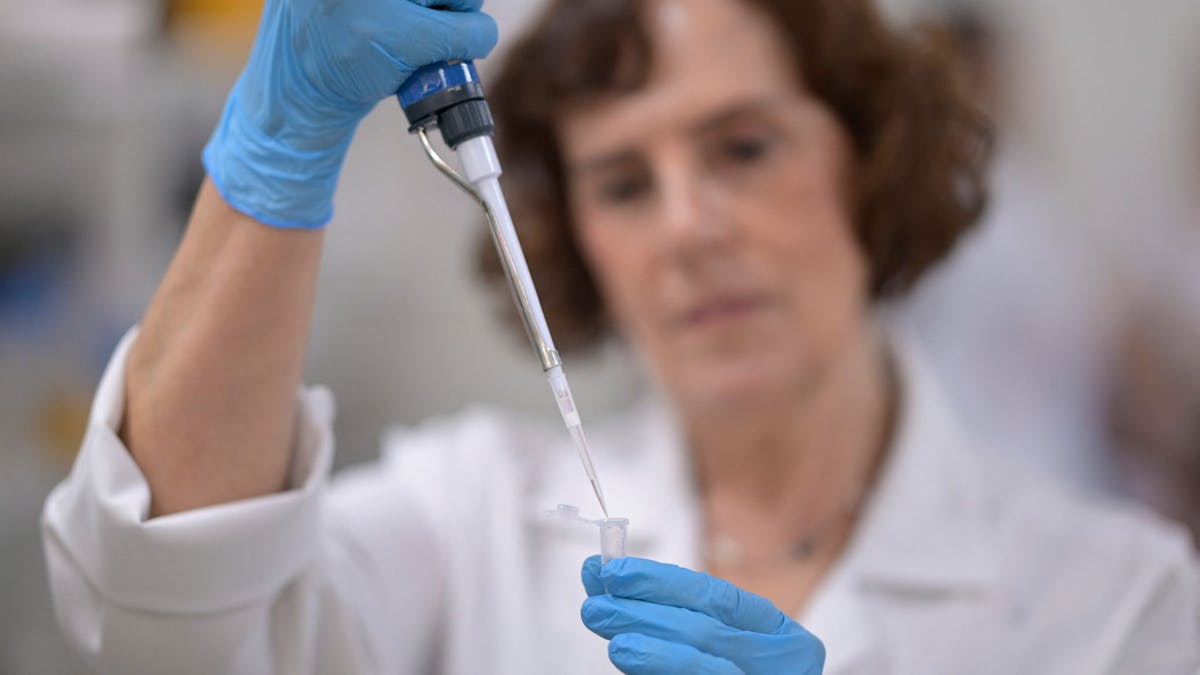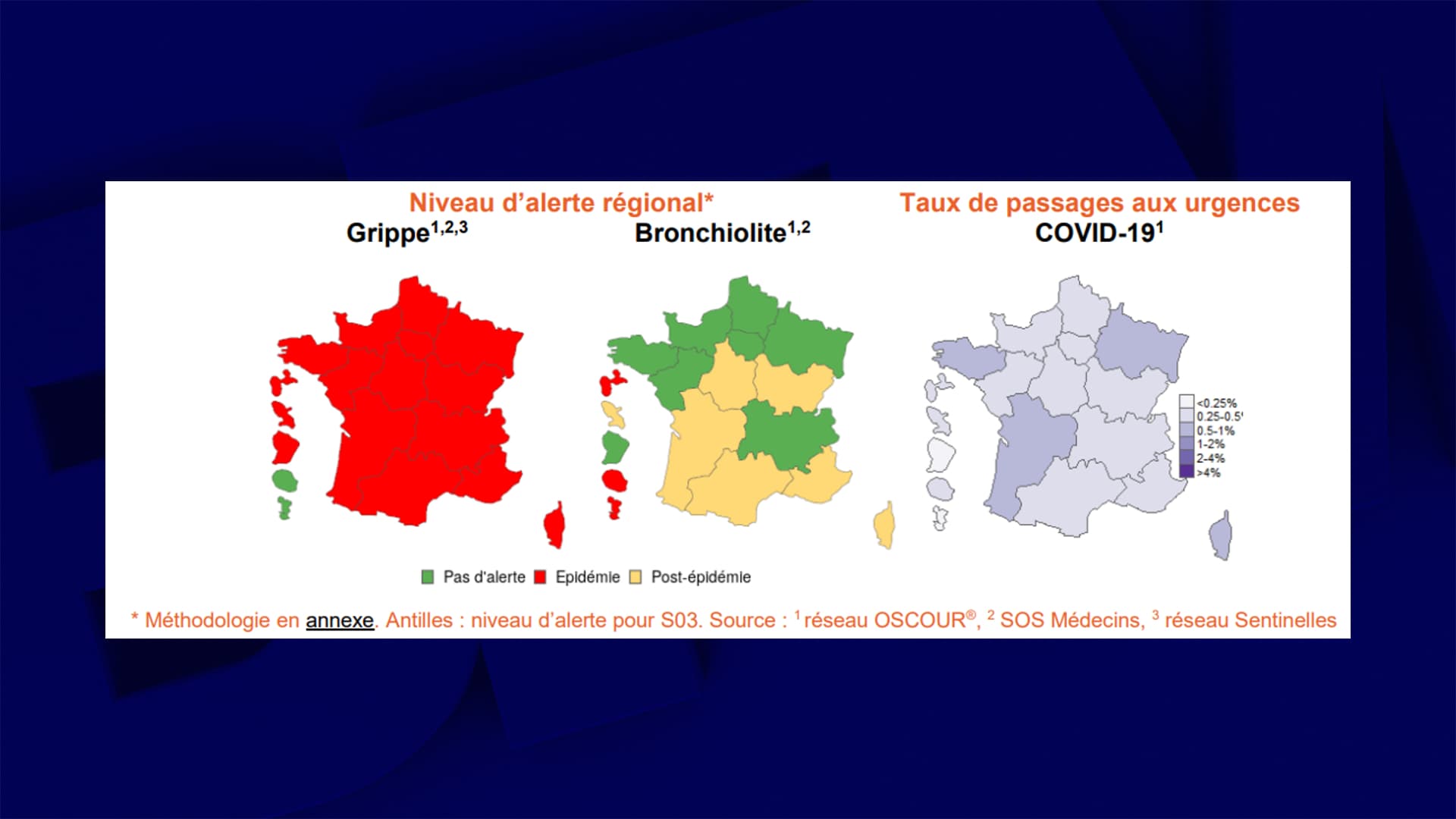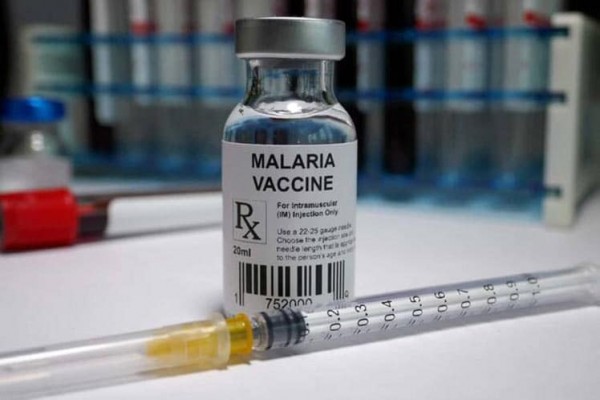Health: Promising new treatment for Charcot disease

published
HealthA promising new treatment for Charcot disease
Charcot disease, which causes progressive paralysis and often causes death within five years, currently has no known effective cure.

The researchers now hope to get approval to proceed to clinical trials in humans. (excuse picture)
AFP
An American study on mice unveiled a promising new treatment on Tuesday against Charcot disease, which is fatal and has no known effective cure at the moment.
Also known as amyotrophic lateral sclerosis (ALS), it affects approximately 30,000 people in the United States. It causes progressive paralysis of the muscles, creates a state of incarceration in the patient and usually causes death in less than five years.
In a study published by the scientific journal PLOS Biology, a team of researchers say they have studied a way to target and stabilize proteins that protect cells from toxins from food or inhaled oxygen.
Hereditary mutation
In many cases, an inherited mutation in the gene that produces the protein in question is the cause of Charcot disease. But this mutation can occur even without a family history.
Mutations in this gene, SOD1, lead to impaired assembly of the protein that prevents it from carrying out its functions and disrupts the cellular machinery in a broader sense, leading to clumping of proteins that are, among other things, associated with cancer. Alzheimer’s and Parkinson’s.
The new treatment is a “molecular stabilizer” that acts like “stitching” and forces the protein to stay in its proper configuration, explained study director Jeffrey Agar, who discovered it with his team and tested the tool after 12 years of research.
Towards clinical trials in humans
The molecule was tested on mice — genetically modified to carry the disease — and the researchers found that it not only restored the protein’s functions, but also prevented any secondary toxic effects.
Its effectiveness has also been proven in rats and dogs. It succeeded in stabilizing 90% of the SOD1 protein in blood cells and 60 to 70% in brain cells. The researchers now hope to get approval to proceed to clinical trials in humans.
Although there is currently no effective neuroprotective treatment for all patients, an advanced marketing authorization was issued in the United States in April 2023 for a drug (Clsody from Biogen Laboratories) targeting certain diseases.
(AFP)





